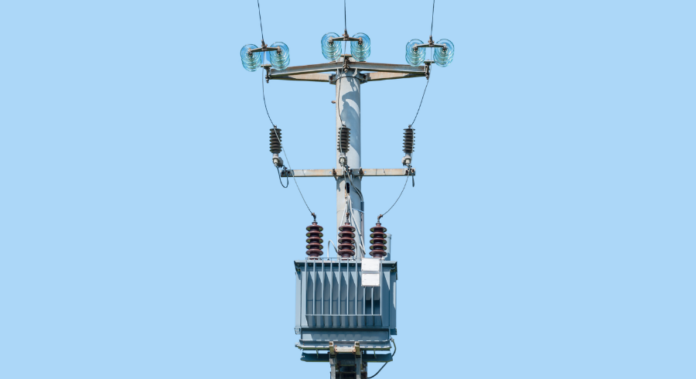ISLAMABAD: The federal government is preparing to introduce a new system for the direct sale of electricity to commercial and industrial consumers, aiming to reduce power costs and promote competition in the energy market.
Under the proposed changes, businesses will be able to buy electricity directly from private producers instead of relying on traditional government-run distribution companies (DISCOs). This system, known as “wheeling”, has previously been discouraged due to high “stranded costs,” which are charges imposed to recover the investments already made by DISCOs.
To make wheeling financially viable, the Power Division has finalized a set of amendments to Strategic Directive #87 of the National Electricity Plan (2023–2027), along with changes to related rules. The amendments aim to ease the burden of stranded costs and allow open access to private power, thereby encouraging a more competitive and efficient electricity market.
According to official sources, the summary titled “Approval of Amendments in the National Electricity Plan – Strategic Directive 87” will be presented in the next meeting of the Cabinet Committee on Energy (CCoE). The meeting was originally scheduled for July 26 but has been postponed.
As per the proposed framework, an initial quota of 800 megawatts (MW) will be allowed for wheeling over a five-year period. If the government does not issue a revised policy in time, all consumers seeking open access will still be allowed to buy power directly, provided they pay a cost equivalent to what similar consumers are paying to government suppliers.
In the first phase, the government plans to auction the 800 MW through a transparent, competitive bidding process. Industrial and commercial consumers will be eligible to participate in the auction, provided they commit to purchasing at least 1 MW of electricity.
A high-level committee formed earlier by the CCoE, including ministers and key officials, reviewed the challenges and held consultations with stakeholders. The proposal was updated after input from various ministries, including Planning, Commerce, and NEPRA. Their concerns related to market caps and pricing fairness were incorporated into the final version, which was approved by the CCoE’s committee in a meeting held on July 4.
Officials believe the new system will help reduce power tariffs for bulk consumers, improve transparency, and support gradual market liberalization in Pakistan’s power sector.




